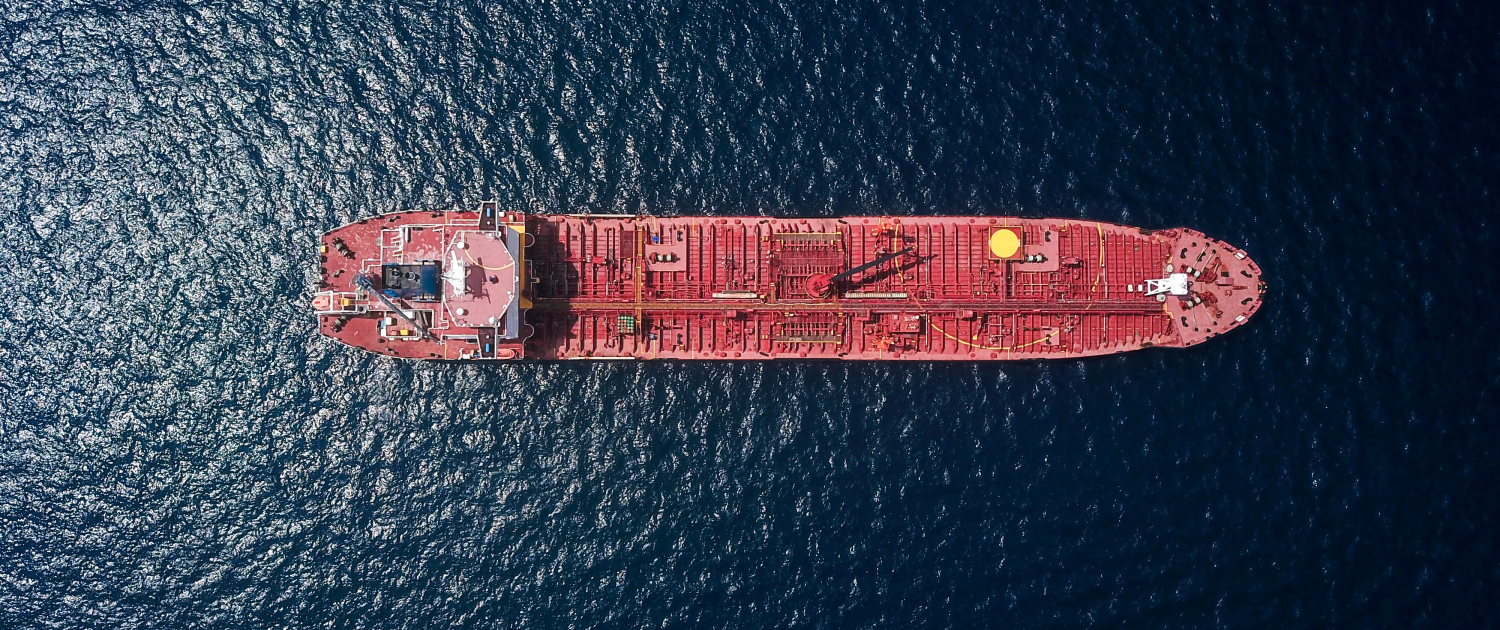Australia’s Vision for the Indo-Pacific – Germany’s Role
By Ambassador Philip Green
The article is also available in German here.
The Indo-Pacific is the world’s most consequential region, home to half the world’s population and the world’s most dynamic economies and busiest shipping lanes. By 2030, the region is expected to contribute up to 60 per cent of global growth. The rise of China of course explains a large part of this trend, but very important also has been the rise of India and growth among the economies of ASEAN.
For decades, a stable balance of power and a framework of rules, norms, and institutions have ensured regional certainty and stability, created an environment to support enormous economic growth, and allowed nations to build deep and interconnected trading relationships. Having depended on this for our own prosperity and security, Australia is deeply invested in the region being one characterised by rules, openness and resilience.
But the strategic environment is changing. The Indo-Pacific is now the epicentre of renewed strategic competition, with the risks of miscalculation and conflict growing. We are witnessing significant shifts in the balance of power. Rules, norms, and institutions are under increasing pressure. Tensions over territorial claims are escalating. Cyber attacks are becoming more frequent and sophisticated. Disinformation and foreign interference are being used to manipulate societies. Protectionism and economic coercion are on the rise.
While uncomfortable, some competition between states is inevitable given differences in interests and values. The task is rather to manage competition, as competition does not have to lead to serious friction or conflict. We need all nations to participate in the global system in ways that foster development and cooperation, and protect the rights of small and medium states to continue to make sovereign choices.
Australia has worked hard to have a positive influence on the shape of our region by strengthening our relationships with regional countries; regional groupings such as ASEAN, the Pacific Islands Forum and the Quad; and increasingly, with partners committed to the rule of law further away, like Germany.
For many decades, Australia has helped our region prosper through our engagement with our neighbours across the spectrum of education, trade, and security. Our friendships with Indo-Pacific countries are longstanding and based on trust, respect, and a willingness to support each other through good and bad times.
Ambassador Philip Green OAM
Philip Green is the Australian Ambassador to Germany, Switzerland and Lichtenstein. He has served previously as Ambassador/High Commissioner to Singapore, South Africa, and Kenya. In his last assignment in Canberra (2018-2019), Mr Green was responsible for leading Australia’s Indo-Pacific Strategy as well as relations with the United States, Canada and ASEAN.
There is no higher priority right now than responding to the region’s health needs. As the engine room of global growth for the past two decades, how the Indo-Pacific responds to the pandemic will affect Australia’s economic recovery and that of other countries, including Germany. Australia is making big investments in the region to help ensure a positive future for our neighbours. That includes Australia’s €1.5 billion Partnerships for Recovery strategy, that focuses on health security, stability, and economic recovery in the Pacific and Southeast Asia. Australia has also committed more than €480 million to support Pacific and Southeast Asian countries access safe and effective COVID-19 vaccines.
Another important example of our work to build regional countries’ capacity is our contribution to the development of high-quality, transparent, and secure infrastructure. The Indo-Pacific will need €1.4 trillion annually through to 2030 to maintain its growth, tackle climate change, and increase connectivity. Australia funded the Coral Sea telecommunications cable running between Australia, Papua New Guinea, and the Solomon Islands, and is co-funding with Japan and the US an undersea cable to Palau. Through the Australian Infrastructure Financing Facility for the Pacific (AIFFP) and our Partnerships for Infrastructure Program for Southeast Asia, plans are in train to fund many more projects across the region.
ASEAN lies at the heart of Australia’s vision for an open, inclusive, and resilient Indo-Pacific, as a strong ASEAN is vital to our region’s success. We were ASEAN’s first dialogue partner almost 50 years ago, with engagement growing steadily since then. In 2021, we became ASEAN’s first Comprehensive Strategic Partner, announcing record-high investment to support a raft of new activities. Annual summits between Australia’s Prime Minister and the leaders of ASEAN states will offer another avenue to deepen our cooperation.
The Quad is another key pillar of our engagement, leveraging the capabilities and shared interests of Australia, India, Japan, and the US to progress a positive and inclusive agenda for the Indo-Pacific. The Quad Leaders’ Summit in September sent a powerful signal of the Quad’s commitment to addressing the defining challenges of our time. Quad leaders pledged practical cooperation on the economic and health impacts of COVID-19, climate change, and critical and emerging technologies, cyber security, quality infrastructure, and the sustainable and stable use of outer space. The summit built on existing Quad cooperation on maritime security, countering disinformation, counter-terrorism and humanitarian and disaster relief.
We will also continue to invest in our defence capability, as all countries do. We are strengthening our force posture to focus on our immediate region and, in September, we announced with the UK and the US an enhanced technology sharing partnership – AUKUS. The first initiative to be pursued through the partnership will be conventionally-armed, nuclear-powered submarines. AUKUS does not change Australia’s long-standing commitments to nuclear non-proliferation and to a peaceful region. It does make Australia a more capable partner, able to play a more effective role in enhancing regional security and stability for the benefit of all nations.
The publication of Germany’s Indo-Pacific Guidelines in 2020 and the EU’s Strategy for Cooperation in the Indo-Pacific in 2021 demonstrate that Australia and EU member states are united in our desire to see a regional order shaped by many voices, perspectives, and players; a region in which disputes are settled by rules and international law; where all states are treated respectfully regardless of their size and power; and where countries can make sovereign choices. Realising these objectives, however, requires more consistent and cohesive cooperation among all nations who share our vision.
As the future of the Indo-Pacific has global ramifications, we need more global players, including Germany and the EU, playing a more active role in shaping the region. We welcome increased European attention and engagement, and look forward to continuing to work closely in support of our shared vision for the Indo-Pacific.


